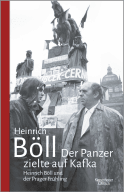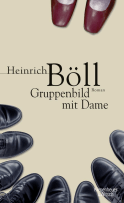
Cologne Exists, But It’s a Dream
Heinrich Böll’s complete texts on Cologne, accompanied by numerous photographs
There is hardly a German writer who is more associated with a particular city in the consciousness of his readers than Heinrich Böll is with Cologne. He was born there in 1917, spent his childhood and young adulthood there. And this is where he returned after his time as a soldier and a prisoner of war to begin his literary career, which earned him not only the Nobel Prize, but also the Literaturpreis and honorary citizenship of the city of Cologne.
There are loving and detailed descriptions of the southern part of Cologne before the war, perceptive observations on the transformation of the city and its residents under the Nazi regime and intense descriptions of the chaotic conditions after the war came to an end. And yet Böll’s relationship with the city remained ambivalent. Both the city’s institutions and the general public responded negatively to many of his criticisms.
René Böll reconstructs Böll’s Cologne using his father’s texts and visual materials – and invites you to read and to visit the city through the words of the greatest writer from the city on the Rhine.
- Publisher: KiWi-Taschenbuch
- Release: 06.11.2014
- ISBN: 978-3-462-04722-6
- 288 Pages
- Author: Heinrich Böll
- Edited by: René Böll
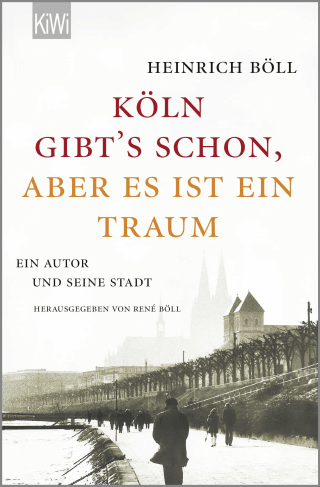
Further Titles

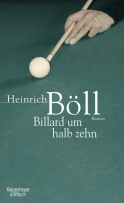
Billiards at Half-Past Nine
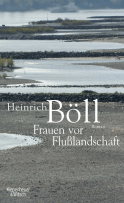
Women In a River Landscape
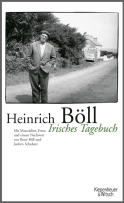
Irish Journal
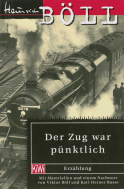
The Train Was On Time
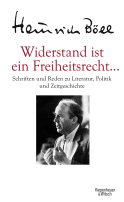
Opposition is a Civil Liberty...
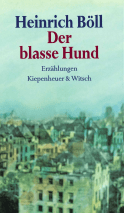
The Mad Dog
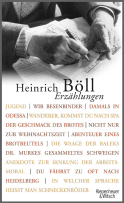
Stories
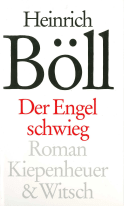
The Silent Angel
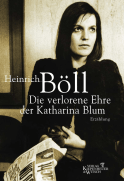
The Lost Honour Of Katharina Blum
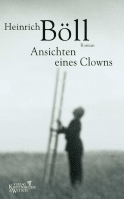
The Clown
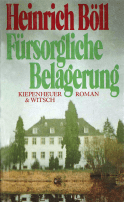
The Safety Net
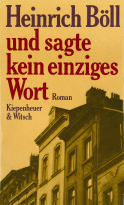
And Never Said A Word
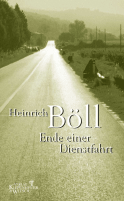
End of a Mission
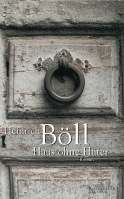
The Unguarded House
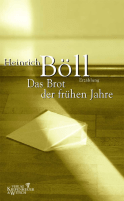
The Bread Of Those Early Years
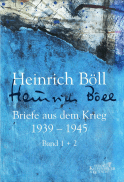
Letters From the War 1939-1945

Murke's Collected Silences
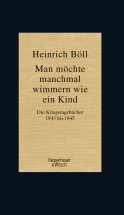
Sometimes You Want To Whimper Like ...
